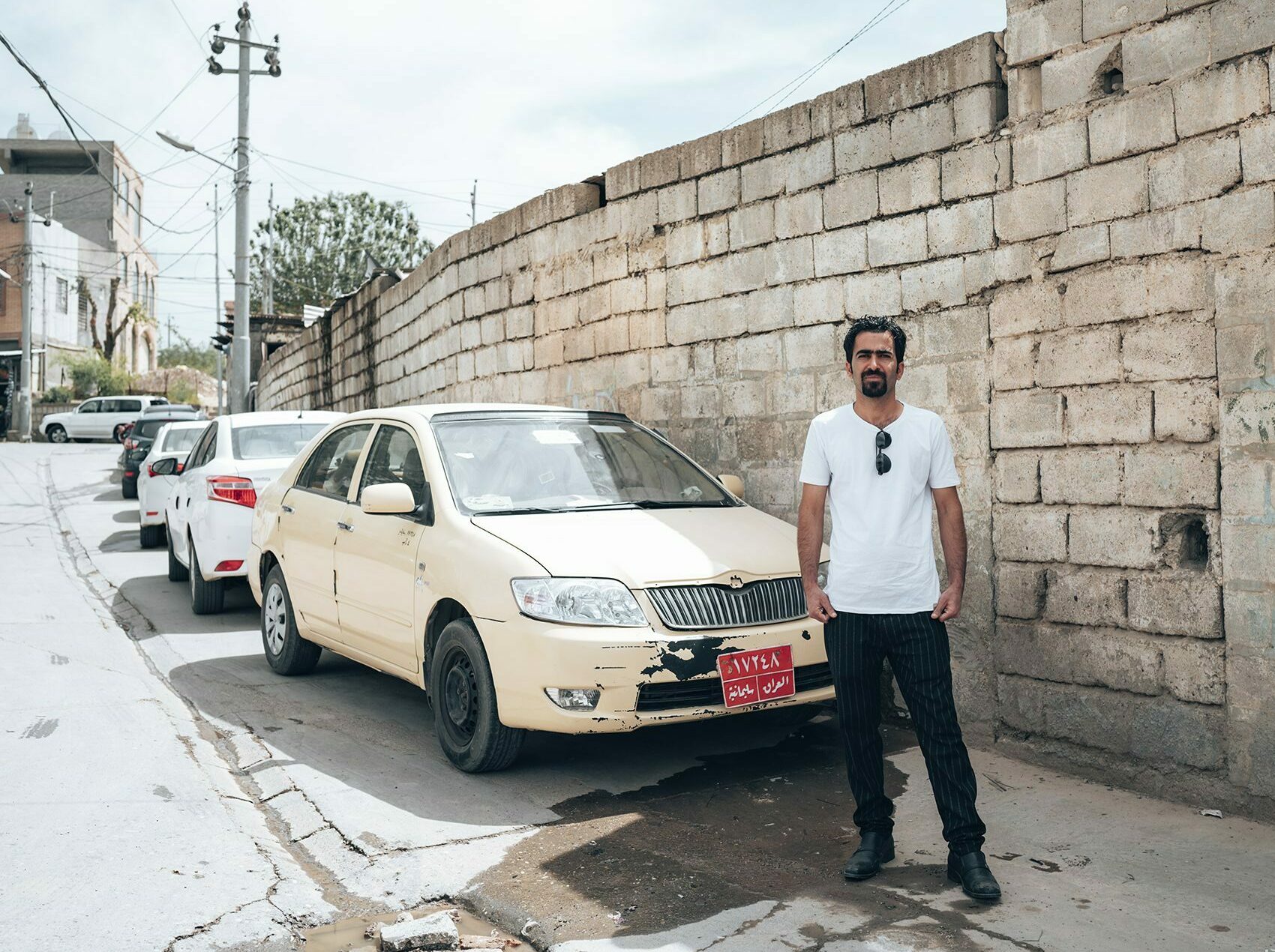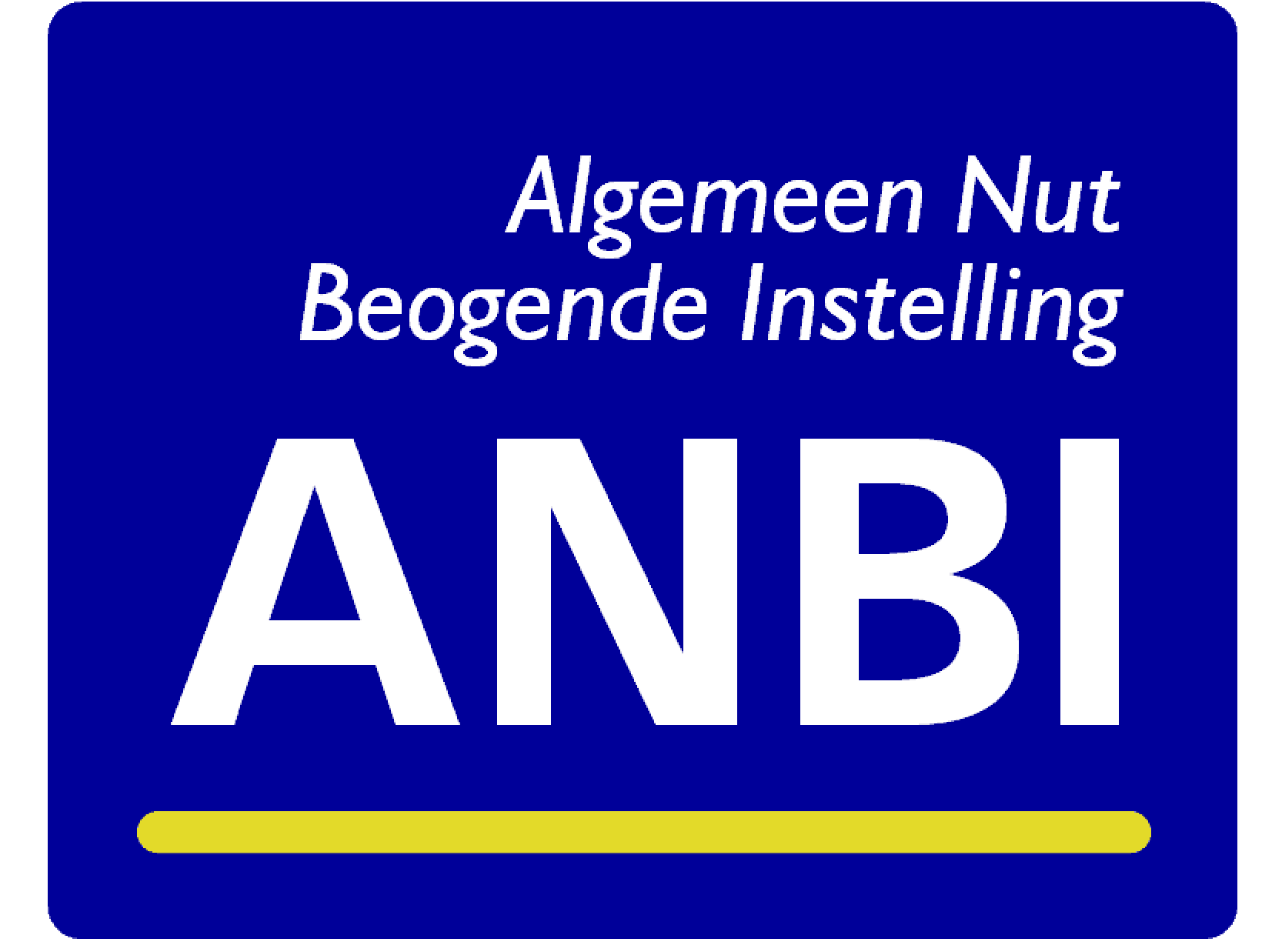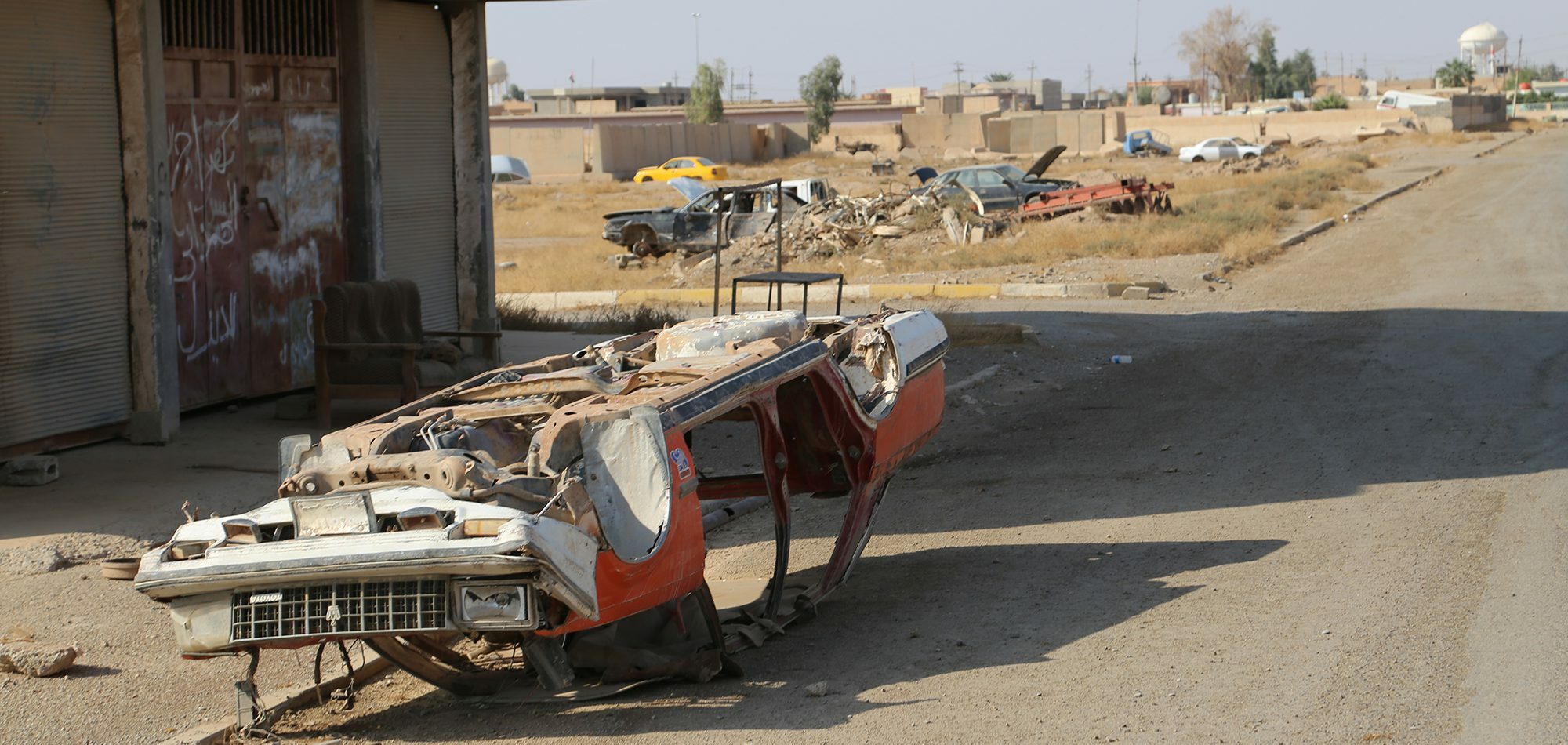

Tense relations and prejudice in Iraq
The tensions caused by years of conflict in the Iraqi regions of Kirkuk, Salah ad Din and Sulaymaniyah rest heavy on their populations. Oppression, prejudice and violence are the daily realities of many Iraqis and with the country’s uncertain future, the pile of sorrows grows to a devastating degree. Members of different religions and ethnic groups have deep mistrust engrained in them, resulting in a climate of general hostility. Hate speech and acts of violence occur on a daily basis – functioning as a sad reminder of how harmful convictions prevent the peaceful coexistence of people in these regions.
Our strategy
- Bridging divides: Supporting interfaith dialogue
- Local voices for change: Supporting civic agency for fundamental freedom
What do we do to address this issue
Breaking down multi-generational stigma stemming from harmful convictions requires time and patience, and cooperation between hostile groups is pivotal to mending relationships. Our goal is to remove barriers and build bridges instead. To enhance cooperation, we train youth to discuss issues at the root of the problems that divide the different groups. To disarm polarised narratives, we work together with partners and create positive conceptions instead. Through dialogue sessions between various stakeholders of different backgrounds, the prior narrative of “the other” gets positively influenced and constructive relations are built.
Local actors are at the core of our programme, and are transformed into voices of change. We train them in journalism, peacebuilding, dialogue, and social media to equip these thought leaders with tools needed to enhance interethnic and interreligious cooperation. With our resources, we enable local initiators to channel their creative potential and ensure the sustainability of our initiatives.
A big part of said ‘sustainability’ lies in the security of the civil actors. To ensure their wellbeing, we train at-risk civil society actors in various security-related areas. This allows civil society actors to
successfully expand their work and have access to protection mechanisms.
Want to know more?
Would you like to find out more about this programme? Contact us via the button below.



